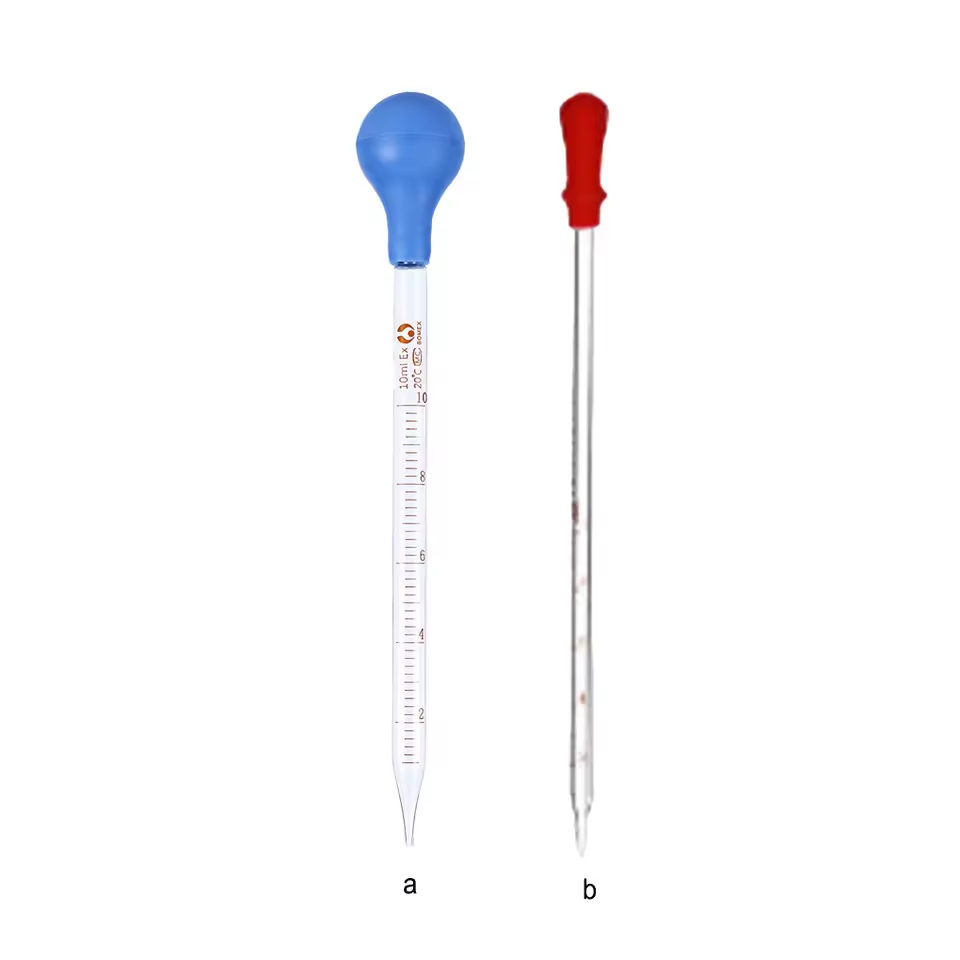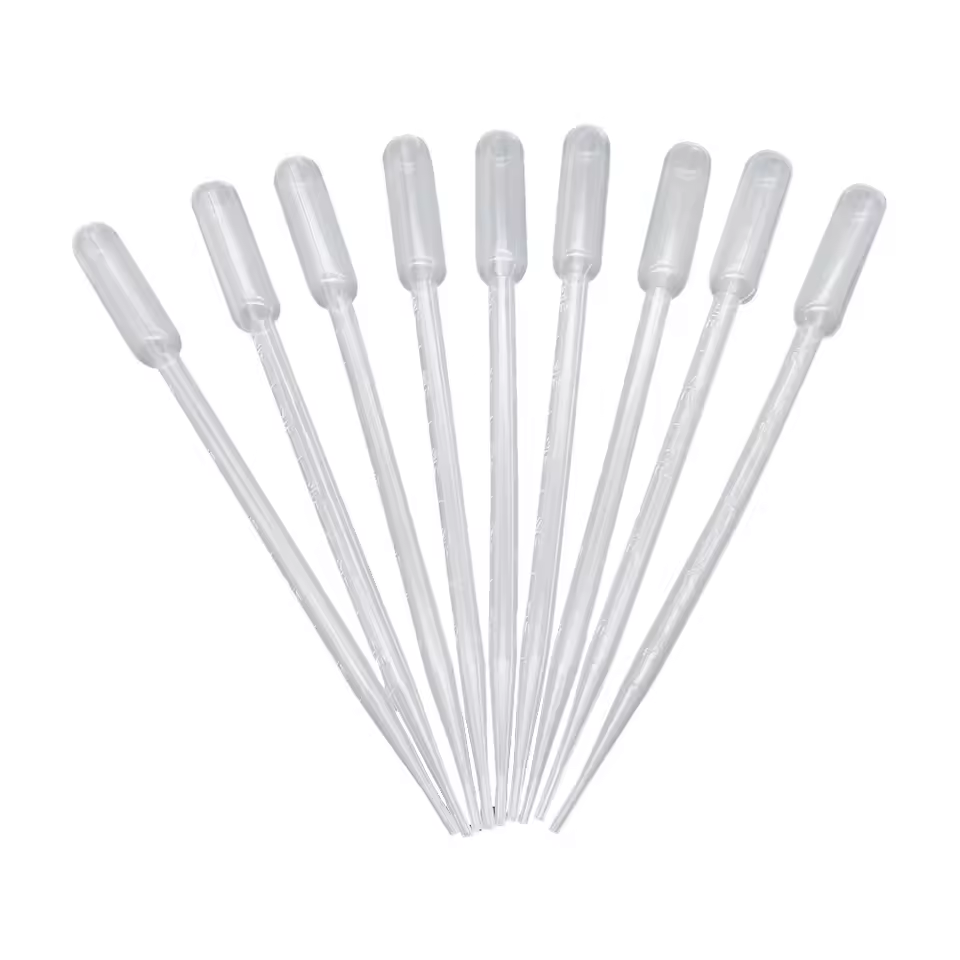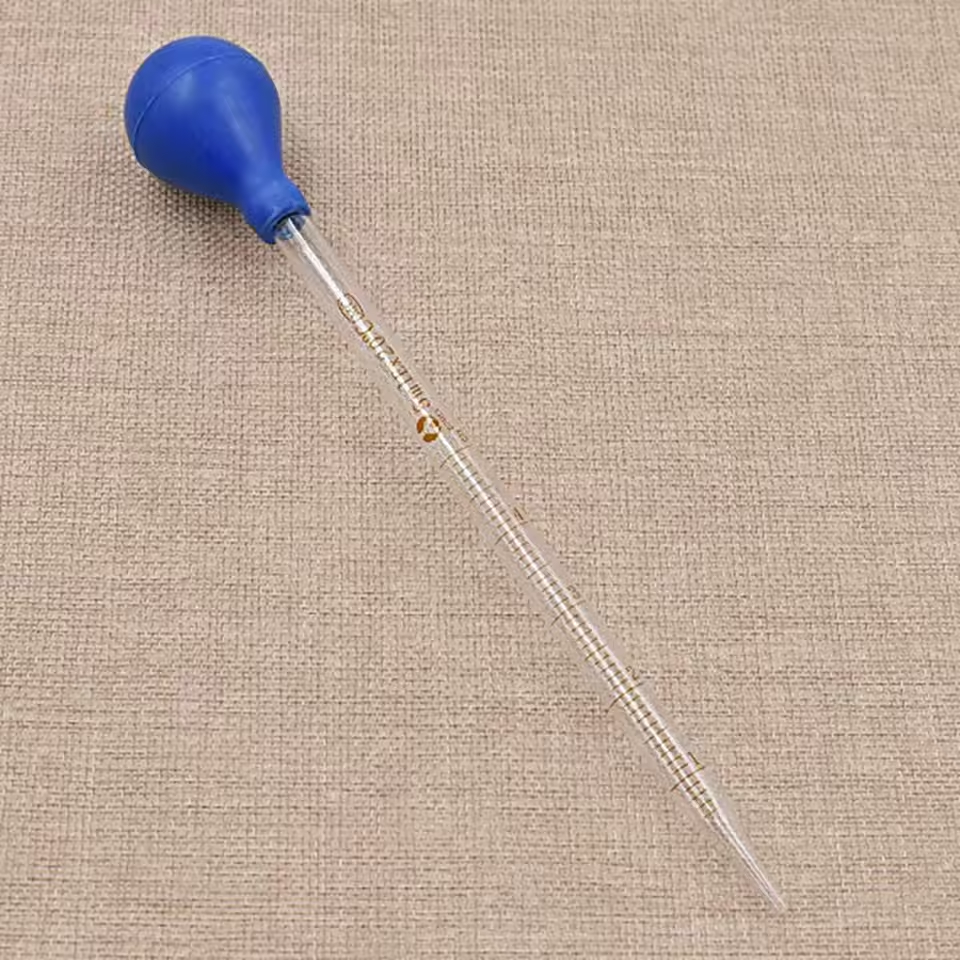Introduction to Micro Volume Pipettors
Micro volume pipettors are specialized laboratory tools designed for precise liquid measurement. They are critical in various fields requiring accuracy and reliability in small-scale liquid handling.

What Are Micro Volume Pipettors?
Micro volume pipettors are instruments used to transfer tiny liquid volumes accurately. They typically measure volumes as small as microliters or nanoliters. These pipettors are designed for researchers working with limited sample sizes, ensuring precision void of contamination. They come in various types, including manual and electronic models, offering versatility for laboratory tasks.
Key Applications in Laboratories and Research
Micro volume pipettors play a vital role in multiple scientific fields:
- Molecular Biology: Used for DNA amplification, sequencing, and protein analysis.
- Diagnostics: Applied in clinical testing and biomarker identification.
- Pharmaceutical Development: Aid in drug formulation and testing.
- Biotechnology: Essential for enzyme tests, RNA extraction, and other research experiments.
Their accuracy ensures better results in experiments and data validation. As research grows in complexity, their demand continues to rise.
Market Overview
The micro volume pipettor market is witnessing significant growth. This expansion is driven by advancements in research and an increased focus on precision tools.
Current Market Trends
- Shift Toward Electronic Pipettors: Many labs are adopting electronic models for better accuracy and reduced manual errors. These advanced tools streamline workflows and enhance productivity in research environments.
- Miniaturization in Laboratory Equipment: There is a growing preference for compact, user-friendly equipment. Micro volume pipettors align perfectly with this trend, offering ease of use and reliability.
- Focus on Quality and Compliance: Laboratories now prioritize tools meeting international standards. High-quality pipettors assure consistent performance and repeatable results.
- Sustainability Trends in the Industry: Many manufacturers are innovating sustainable solutions, including pipettors with recyclable components and longer lifespans.
Global Demand and Growth Prediction
The global demand for micro volume pipettors is expected to rise significantly. Key drivers include:
- Increased R&D Activities: The biotech and pharmaceutical industries heavily invest in research, boosting pipettor demand.
- Growing Diagnostics Market: The need for precise tools in viral testing and biomarker analysis fuels market expansion.
- Adoption in Emerging Markets: Developing countries are enhancing their research facilities, increasing the demand for pipettors.
Analysts predict a steady compound annual growth rate (CAGR) for this market. Regions like North America, Europe, and Asia are at the forefront. Together, these trends and predictions showcase a promising future for the micro volume pipettor market.
Factors Driving Market Growth
The micro volume pipettor market is expanding due to several key drivers. These factors are shaping the future of this critical industry segment.
Rising Focus on Precision and Accuracy in Research
Precision tools are essential as research demands become more complex. Micro volume pipettors provide unparalleled accuracy, especially in tasks like molecular biology and diagnostics. Scientists use these tools to ensure reproducible and reliable experimental outcomes. Their ability to handle minuscule volumes reduces wastage and contamination, maximizing efficiency in labs globally. This growing reliance on exact measurements significantly boosts demand across industries.
Expanding Biotech and Pharmaceutical Industry
The biotech and pharmaceutical sectors are aggressively investing in research and development. These industries need highly accurate pipettors for drug discovery, testing, and formulation. For example, micro volume pipettors allow precise liquid handling in cell cultures, enzyme assays, and sequencing projects. As new therapies and vaccines emerge, the demand for these tools rises. Their ability to optimize workflows makes them indispensable in these dynamic fields.
Increased Demand in Diagnostics and Molecular Biology
Diagnostics and molecular biology are experiencing rapid growth. Micro volume pipettors are crucial in tests like PCR, RNA extraction, and biomarker analysis. Clinical labs need these tools for detecting diseases, including viral infections. The rise of personalized medicine also requires precise liquid handling at micro-volumes. As a result, the growing complexity of research in these areas fuels market expansion. This demand is particularly strong in regions advancing their healthcare and diagnostic capabilities.
Key Players in the Micro Volume Pipettor Market
The micro volume pipettor market consists of key organizations driving innovation and reliability. Their contributions help shape the industry and cater to varying laboratory needs.
Leading Manufacturers and Suppliers
- Established Brands Dominate the Market: Renowned manufacturers like Eppendorf, Sartorius, and Thermo Fisher uphold high standards. These companies provide high-quality pipettors optimized for precision and durability.
- Global Presence: Major suppliers operate in multiple countries, enabling broader market reach and faster distribution.
- Diverse Product Portfolios: Leading players offer manual and automated pipettors, ensuring choices for different research demands.
- Commitment to Customer Support: Top businesses prioritize customer satisfaction, delivering user-friendly designs and responsive service.
Innovations and Product Developments
- Advancements in Automation: Modern pipettors integrate automated functions for quicker, error-free workflows.
- Improved Calibration Technologies: Newer models feature enhanced calibration options for maintaining consistent accuracy.
- Eco-Friendly Pipettors: Manufacturers are designing sustainable equipment with recyclable materials and energy-saving components.
- Higher Precision Offerings: Innovations include pipettors with advanced tip technology for efficient sample handling.
Industry leaders continually invest in cutting-edge solutions, enhancing laboratory productivity and accuracy. Their focus drives the ongoing growth of the micro volume pipettor market.
Challenges in the Market
The micro volume pipettor market is not without its challenges. These factors may hinder the growth potential of this critical industry segment.
High Costs of Advanced Pipettors
Advanced micro volume pipettors incorporate cutting-edge technology for precision and durability. However, these innovations often come with high costs. The initial investment needed to purchase these devices can strain budgets, especially for smaller laboratories or research facilities. Additional expenses include maintenance, calibration, and consumable supplies like specialized pipette tips. These financial constraints could limit broad adoption, particularly in developing regions where budgets are tight. Manufacturers must address these affordability issues to ensure wider market penetration.
Need for Skilled Operators
Micro volume pipettors require proper handling to ensure accuracy and reliability. Operating advanced models demands technical proficiency, such as setting appropriate parameters and maintaining calibration. Unfortunately, many laboratories face a shortage of trained personnel with the necessary expertise. This skill gap can lead to operational errors, wasted reagents, and inconsistent results. The complexity of newer pipettors, especially electronic models, further adds to this challenge. As a solution, manufacturers and organizations must prioritize user training programs and develop more intuitive designs to maximize efficiency.
Future Opportunities in the Market
The micro volume pipettor market holds promising opportunities due to emerging trends and technological advancements.
Emerging Markets and Untapped Potential
Emerging markets present significant growth opportunities for micro volume pipettors. Developing nations are investing heavily in research infrastructure. Increased healthcare spending boosts demand for precision tools like pipettors in diagnostics and molecular biology. Governments and private sectors are focusing on biotechnology and pharmaceutical research. This creates a thriving environment for pipettor manufacturers to expand their reach. Smaller laboratories and regional research facilities also contribute to this demand. Manufacturers targeting these untapped markets can achieve significant gains.
Technological Advancements
Innovations in technology are revolutionizing the micro volume pipettor market. Automation is simplifying workflows while ensuring precision and efficiency. More advanced calibration techniques enhance the reliability of liquid measurements in research tasks. Sustainable designs, including recyclable components, address environmental concerns while maintaining effectiveness. Improved materials and smarter designs increase device longevity and reduce maintenance needs. Enhanced digital features, like touchscreen controls, make equipment user-friendly and intuitive. By adopting these advancements, manufacturers can cater to evolving industry needs and drive further market growth.
Conclusion
Summary of Market Dynamics
The micro volume pipettor market is expanding due to advances in science and technology. Precision tools are critical for accuracy in diagnostics, molecular biology, and pharmaceutical development. Rising R&D activities, growing demand for diagnostics, and emerging markets are key drivers. Major market trends include a shift to electronic pipettors, sustainability innovations, and miniaturization. Challenges like high costs and skill requirements remain, but opportunities in untapped markets and innovative technologies offer solutions.
Importance of Micro Volume Pipettors in Future Research
Micro volume pipettors will play a vital role as research complexity increases. Their precision ensures reliable data and reproducible results for critical studies. They aid in diagnostics, drug development, and personalized medical research. Technological advancements, such as automation and smarter designs, will enhance their usability and performance. As global research grows and healthcare evolves, micro volume pipettors will remain indispensable in labs worldwide.